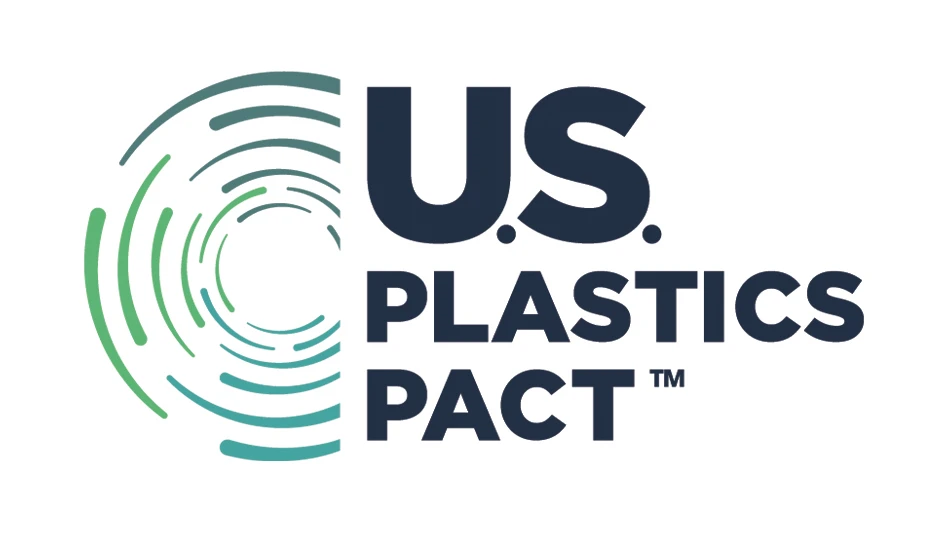Material recovery facility (MRF) operators and plastics reprocessors are looking closer to home for buyers of secondary plastics as issues with exporting material to China and India continue.
“China and India are buyers of high-grade material at (historically) reduced pricing,” a reprocessor with operations in the Midwest and Southeast says. He adds that neither country is importing low-grade material at this time.
Chinese consumers have been avoiding low-grade material in response to the Chinese central government’s ongoing enforcement of existing regulations meant to reduce shipments of trash and hazardous materials to the country under the guise of scrap.
India’s softening demand is related to a change in plastic scrap import/export policy. Import duties in India also increased as of August 2013, the reprocessor with operations in the Midwest and Southeast says, which is contributing to material flow disruptions and declining prices.
In light of the current situation in the Far East, U.S. processors and MRF operators have focused on closer export markets, with the reprocessor who has operations in the Midwest and Southeast saying Canada has been a strong buyer.
A reprocessor based in the Great Lakes region adds, “The demand for our scrap plastic is still high in Canada, Mexico and Europe.”
Despite interest from these buyers, the reprocessor with operations in the Midwest and Southeast says “there is a glut on the market due to changes in the export market.”
Both reprocessors characterize demand within the U.S. as strong, adding that generation also remains healthy thanks to growth in manufacturing.
“Scrap generation is increasing as auto and other manufacturing production is increasing,” the reprocessor in the Great Lakes region says.

Markets for polypropylene (PP) and rigid PVC (polyvinyl chloride) are quite strong as of mid-January, the reprocessor with operations in the Midwest and Southeast says, in light of an anticipated first-quarter price increase.
“Mixed materials, such as those coming from flexible packaging, are weak due to the depressed value of the Indian rupee, causing export market contraction and a corresponding glut in the U.S. market,” he adds.
The Great Lakes region-based recycler adds that in addition to PP, he has seen high demand for TPO (thermoplastic olefin), TPE (thermoplastic elastomer) and PC/ABS (polycarbonate/acrylonitrile butadiene styrene).
 Plastics reprocessors felt the effects of the frigid winter temperatures that affected much of the Midwest and Northeast in mid-January. “There was a brief disruption due to weather at the beginning of the year that seems to have worked itself out,” the reprocessor with operations in the Midwest says.
Plastics reprocessors felt the effects of the frigid winter temperatures that affected much of the Midwest and Northeast in mid-January. “There was a brief disruption due to weather at the beginning of the year that seems to have worked itself out,” the reprocessor with operations in the Midwest says.
Plastics recyclers are feeling discomfort of another sort, as well. “Pricing has risen more than 7 percent in 2013,” he says, “causing margins to be squeezed.”
Add escalating transportation costs to the factors that are putting pressure on plastics recyclers. “We have seen a steady increase in the cost of truck transportation,” the reprocessor in the Great Lakes region says. “More material is being shipped, and there seems to be fewer companies taking the lanes.”

Explore the February 2014 Issue
Check out more from this issue and find your next story to read.
Latest from Recycling Today
- LME identifies Hong Kong warehouses
- Greenville, Mississippi, launches aluminum can recycling program
- Cotton Lives On kicks off 2025 recycling activities
- Georgia-Pacific names president of corrugated business
- Sev.en Global Investments completes acquisitions of Celsa Steel UK, Celsa Nordic
- Wisconsin Aluminum Foundry is a finalist for US manufacturing leadership award
- MetalX announces leadership appointments
- Sofidel agrees to purchase Royal Paper assets





